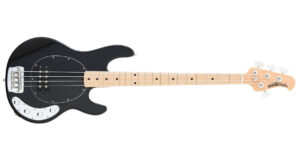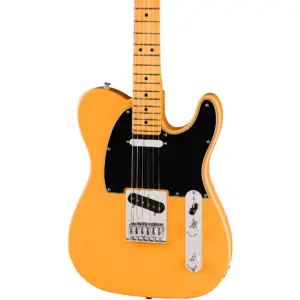Women in Indian Hip-Hop: Beyond the Binary of ‘Under-Appreciated’ and ‘Over-Hyped’- Score Short Reads
Hip-hop as a genre has gone through several stages of evolution in Indian and the subcontinent. Over the past few months, the scene is accommodating more narratives rather than just the hypermasculine, ‘hard’ narrative. Rather than just boasting of their skills, riches, and an inherently male image of roughness, rappers are also trying to unleash a vulnerable side while producers are moving towards calmer sounds.
However, the dominant perspective is, of course, male (be it a ‘tough guy’ or a ‘soft boy’). Hip-hop in general has not fared any brownie points when it comes to accommodating newer perspectives. So, the question still remains, is Indian hip-hop accommodating enough?
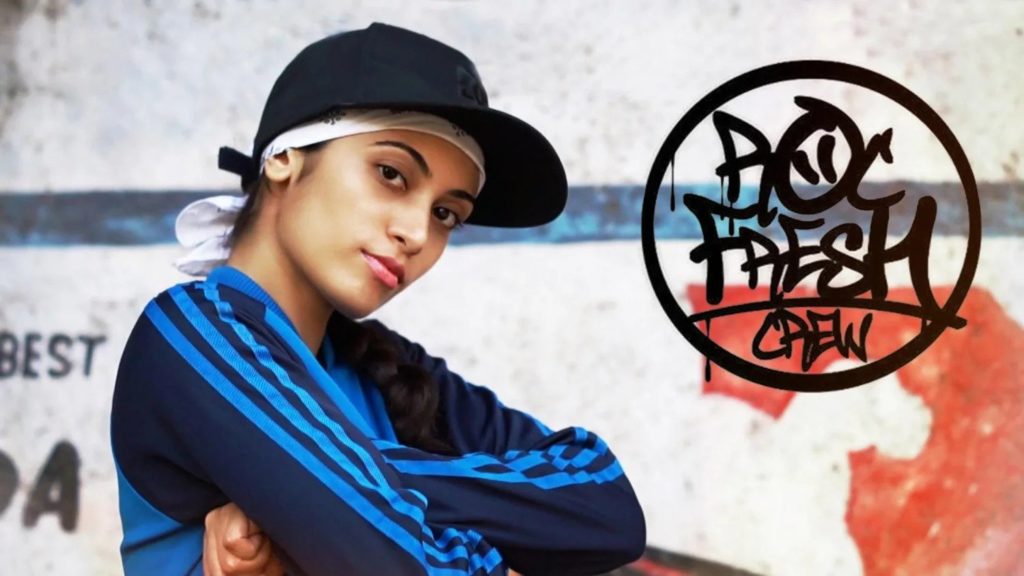
‘It’s essentially everything through the male gaze and, hence, the songs are made “supposedly” masculine, it’s aggressive, against feminine attributes, often revengeful to a woman. It often even preys on stereotypes.’ says Chhavi Bahmba, a commentator on Indian hip-hop.
‘People tend to put you in a different category for being a woman when it comes to hip-hop. There are plenty of male rappers with average skills who get more platforms than very excellent female rappers…People tend to think that female rappers can’t be lyrical. Most people just wanna objectify female rappers. ‘ Shillong-based rapper Reble offers similar observations.
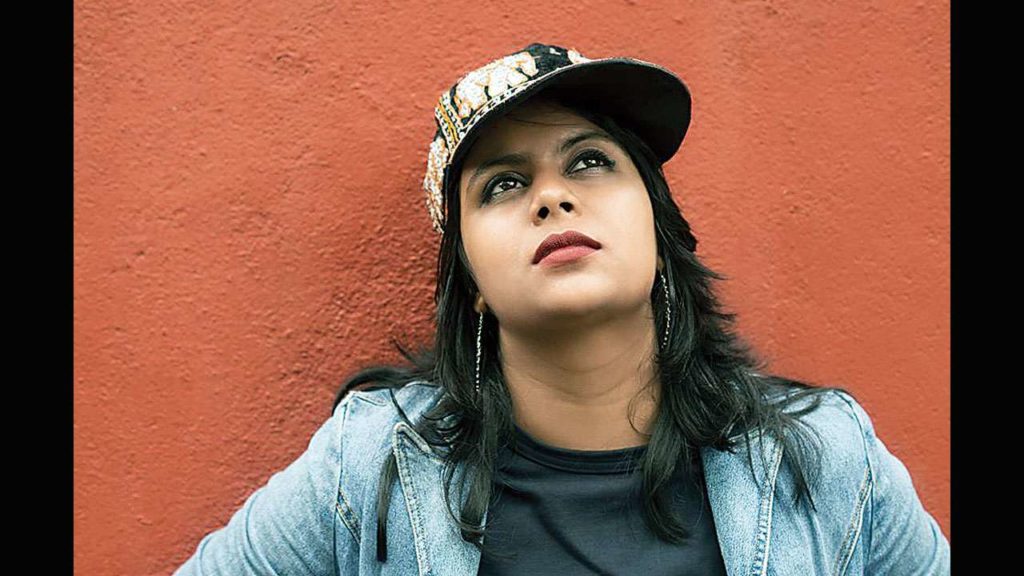
To counter this ‘male gaze’, the logical solution would entail more and more women emerging as beatboxers, MCs, b-girls, graffiti artists, producers, and so on. But is the existing culture ready to accept and encourage the ones starting out?
Mumbai-based rapper KRANTINAARI debuted last year with a fiery track of the same name. Her Hindi lyrics mostly deal with socially-relevant themes, and she aims to reach out to people to make them socially aware rather than making ‘an already conscious person more conscious’.
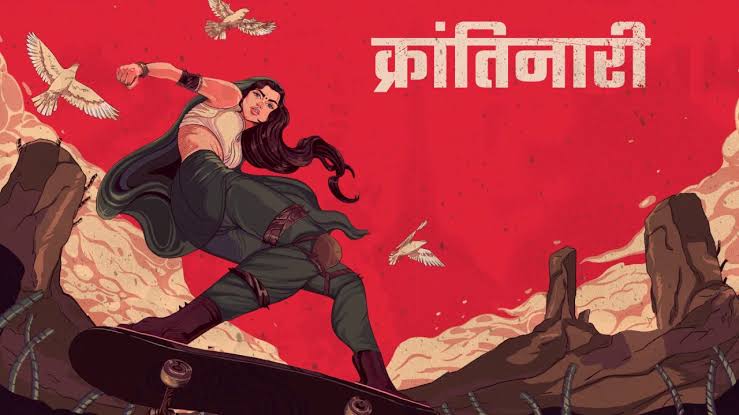
Along with her latest single Discovery To Destruction, she joined forces with fellow rapper Pratika to create WON Tribe, India’s only female rap duo. Despite an eventful year with more future plans, KRANTINAARI reveals that she has to face a lot of rejection from some of her male peers in the scene.
‘Men need to be ready to accept an artist who has just been born. Obviously, my second song might not be as good as your fifteenth song. The comparison is with themselves and it doesn’t make sense…And why is there a comparison in art at all? That’s the first question I ask these boys.’
WON Tribe’s other half Pratika comments on the need for encouragement in the scene by pointing out how years of patriarchy never gave women a proper space to speak up in the first place. ‘The popularity of hip hop has helped more ladies voice their opinions and make music. So if anything, I think everyone should be supportive and encouraging,’ She adds.
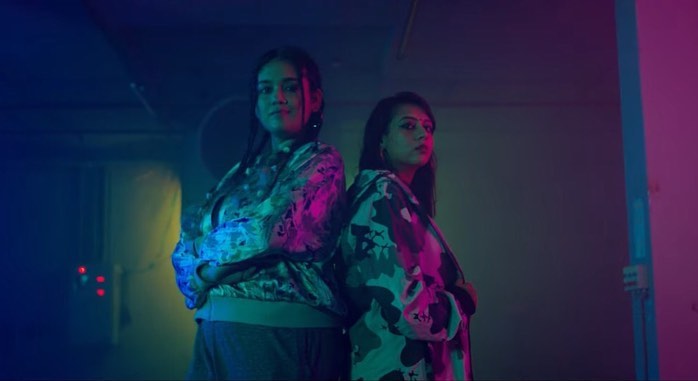
Shifting to Delhi, beatboxer and vocalist Pho has had a better experience while starting out as most of the male figures in the circuit have been supportive to her. However, she has also observed how female beatboxers might tend to get more hate than their male counterparts.
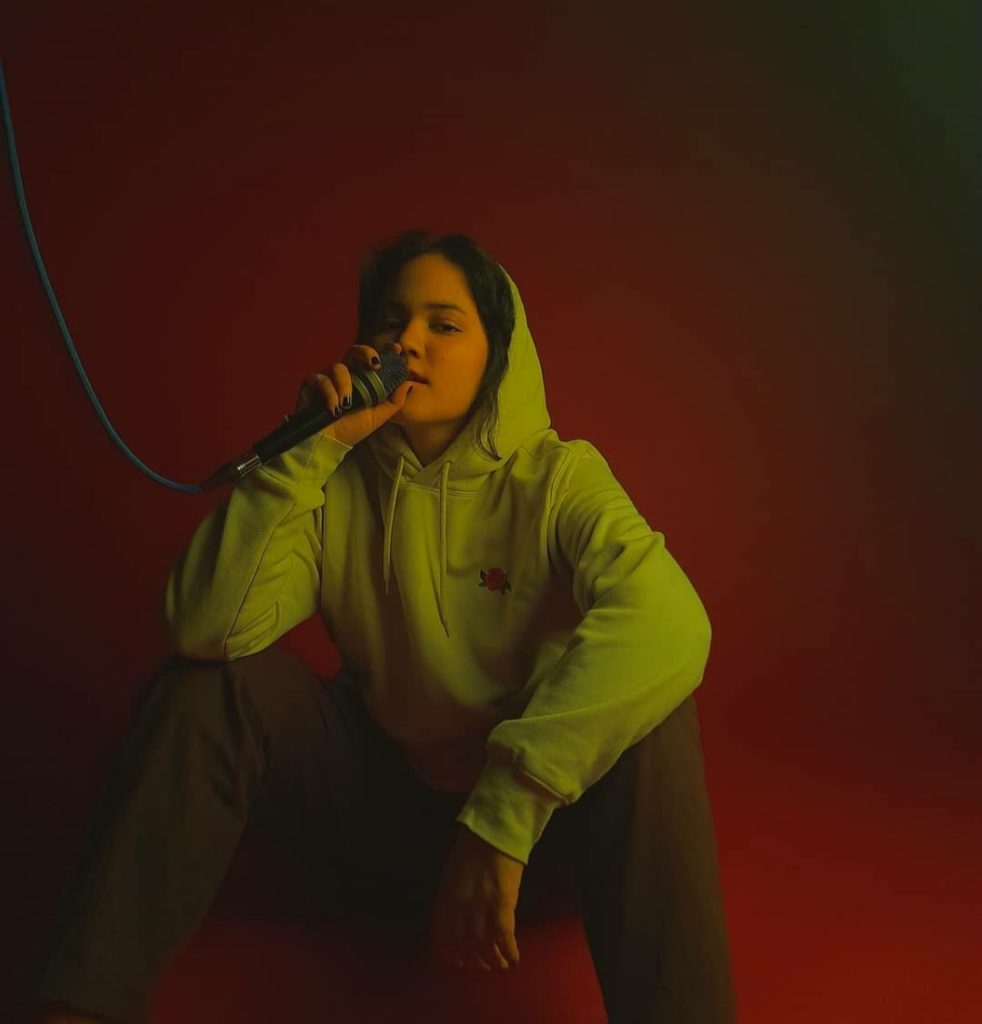
‘For some people, if a guy loses a battle, the reactions are always about him not being in luck on that day. If a female loses a battle or let’s say doesn’t battle at all, the reactions would be, “oh females don’t practice at all”, “they can’t beatbox better than men”, etc. Oh, and my favourite one, “you have it easy here because you’re a female “‘.
Now, let’s say the scene doesn’t patronise women in hip-hop and gives them enough space to grow as artists. Even then, there’s a possibility of the ‘female rapper’ getting exoticised. As Reble makes it clearer, ‘People do tend to put you in a different category for being a woman when it comes to hip-hop,’
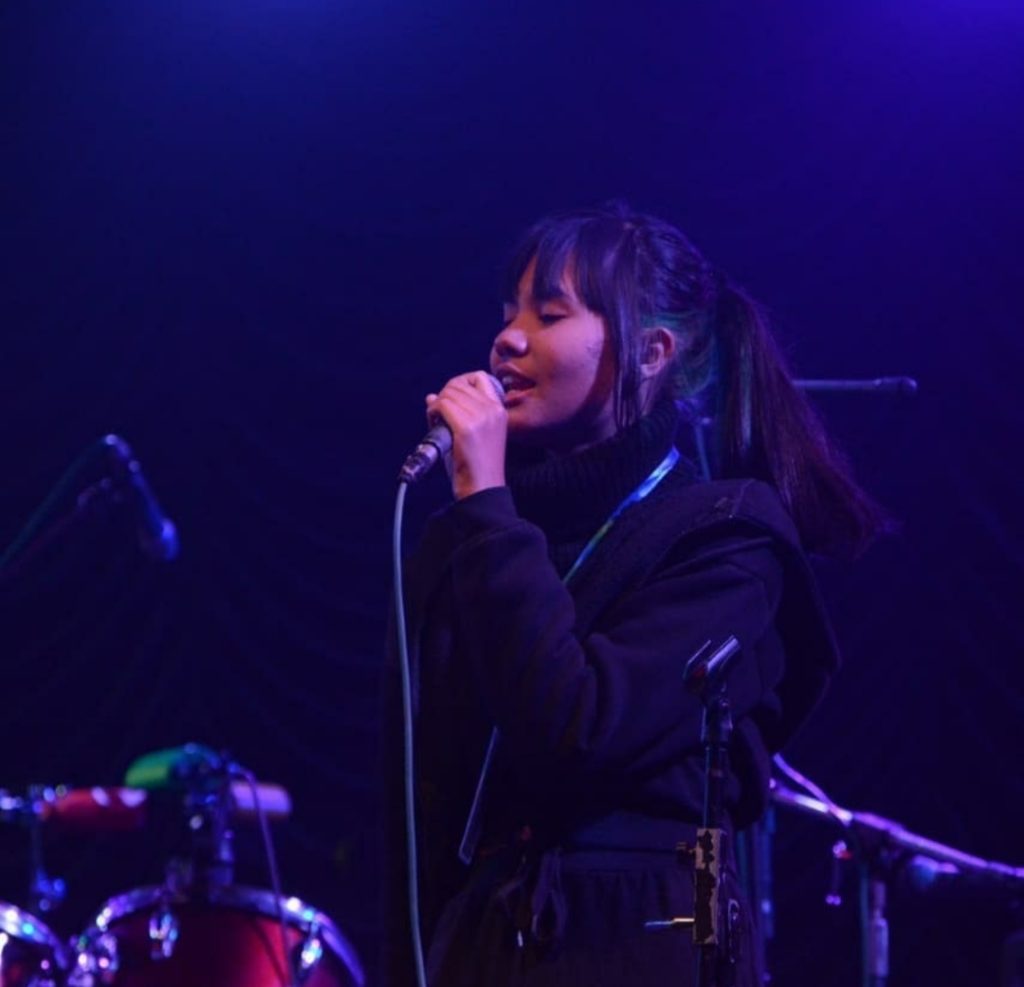
In the same vein, Pratika offers the example of Instagram rap pages, ‘We’re categorized. There are social media pages that round up ‘Female rapper’ posts every once in a while, but no one mentions the rest of the posts as ‘male rappers’, which is 95% of the content.’
Building upon this, Pho gets candid on how she finds such behaviour equally sad and funny as male audiences don’t expect women to be good enough in the first place. Based on her observations in the beatboxing scene, she feels that female artists are either ‘underappreciated’ or ‘overhyped’ just because of ‘the female factor’.
In other words, the audience might just praise a female hip-hop artist because of this ‘factor’ and the accompanying uniqueness rather than actually understanding their art.
This generalisation holds true even in the case of listeners of hip-hop. For instance, when Bahmba wrote under a pseudonym for her music page Words From A Matchbox, her followers automatically assumed her to be ‘bhai, guy in the hood, my ma’”.
Going beyond the online space, hip-hop concerts with their frantic moshpits are again (unsurprisingly) territories of the males. So, how can one make hip-hop a safer space for women? When asked how to counter such a situation hypothetically, KRANTINAARI gets candid. ‘I think women should dance in the middle of the concert and just own that space.’
And so, gradually and steadily, women are claiming the hip-hop space as artists and listeners. Pratika and KRANTINAARI are participants in Wild Wild Women, the upcoming first all-female hip-hop cypher that would debut this Women’s Day. The former is also currently working on an upcoming solo EP. Pho keeps on churning out one single after the other, both as a solo and featured artist.
Reble also has her fair share of new releases while keeping financial stability as her chief goal. Having seen women struggle in the dingy confines of rap gigs, Chhavi Bahmba just hopes that this ‘space’ gets more accessible to women. As for male rappers, she observes that there’s a ‘dire need in the change of writing’.
Siri in Bangalore. Dee MC in Mumbai. Cecilia Mangte representing the Khatarnaak Hip-Hop Collective in Delhi. Female MCs (or fem-cees are some publications dub them) are indeed taking the charge to introduce more perspectives in a genre riddled with oversaturated tropes.
In Mumbai, a one-of-its-kind certificate course in ‘hip-hop studies’ is being offered at Vile Parle’s Usha Pravin Gandhi College with the first batch commencing this March. Featuring seasoned veterans in all aspects of hip-hop, Manmeet Kaur and Am-B are also a part of the faculty.
The former is an MC with a cult following, with three albums to her name, the latest of which (The Groundwaters are Connected) is also a self-produced effort. As for Am-B, she has received acclaim as a dancer and host, widely noted as India’s first-ever B-girl.
Also credit for creating the Roc Fresh Crew and also representing international crews, Am-B has been an active proponent of spreading her knowledge as can be seen from her various workshops for local collectives.
As this new wave of female-driven hip-hop rises, it’s required for the male ‘OGs’ and their ‘fanboys’ to let these artists rise in their own ways with their own perspectives. After all, none appointed a man as the custodian of the so-called ‘scene’. So maybe, a man can stop acting like one…
Do follow :
KRANTINAARI – https://www.instagram.com/krantinaari/?hl=en
Pratika – https://www.instagram.com/pratikaness/?hl=en
Manmeet Kaur- https://www.instagram.com/mcmanmeetkaur/?hl=en




